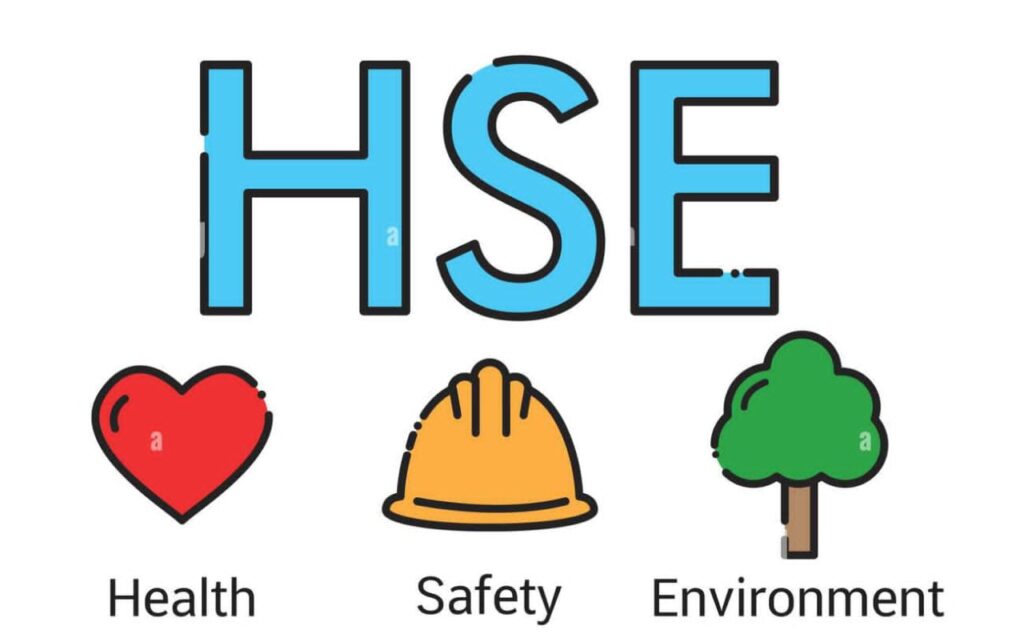Health, Safety, and Environment (HSE): Importance of Training and Certifications
Health, Safety, and Environment (HSE) encompass the policies, procedures, and practices designed to protect the well-being of employees, the public, and the environment. Effective HSE management is critical for preventing workplace injuries, illnesses, and environmental harm, ensuring regulatory compliance, and promoting a culture of safety and responsibility.
Importance of HSE Training and Certifications
1. Compliance with Regulations: HSE training ensures that employees and organizations adhere to local, national, and international laws and regulations. This compliance helps avoid legal penalties and enhances the company’s reputation.
2. Risk Reduction: Proper training equips employees with the knowledge to identify, assess, and mitigate risks. This proactive approach minimizes the likelihood of accidents and incidents, fostering a safer workplace.
3. Enhanced Employee Safety: Training programs provide employees with the skills to handle hazardous materials, operate machinery safely, and respond effectively to emergencies. This reduces the incidence of workplace injuries and fatalities.
4. Environmental Protection: HSE certifications ensure that employees are educated on environmental regulations and sustainable practices. This helps organizations minimize their environmental footprint and contribute to sustainability goals.
5. Operational Efficiency: A well-implemented HSE program reduces downtime caused by accidents and improves overall productivity. Safe workplaces enhance employee morale and operational efficiency.
6. Corporate Responsibility and Reputation: Commitment to HSE practices demonstrates corporate social responsibility. This not only strengthens stakeholder trust but also enhances the organization’s image and competitiveness in the market.
7. Continuous Improvement: Certifications often require ongoing education and training, promoting a culture of continuous improvement in safety standards and practices.
Key HSE Certifications
– NEBOSH (National Examination Board in Occupational Safety and Health): Widely recognized, NEBOSH certifications provide comprehensive knowledge on health, safety, and environmental management.
– OSHA (Occupational Safety and Health Administration): OSHA certifications are essential for understanding U.S. safety regulations and practices.
– IOSH (Institution of Occupational Safety and Health): IOSH offers various levels of certifications suitable for different roles within an organization, focusing on maintaining safe and healthy working environments.
– ISO 45001: This international standard specifies requirements for an occupational health and safety management system, helping organizations improve employee safety, reduce workplace risks, and create better, safer working conditions.
In conclusion, acquiring HSE training and certifications is crucial for ensuring a safe, compliant, and efficient work environment. It underscores an organization’s commitment to the well-being of its employees and the environment, ultimately contributing to its long-term success and sustainability .
Ekundayo Educonsult
ekundayoeduconsult.com


This is wonderful